Decades and decades ago, back in the 19th century, there was a ‘profession’ ofclaqueurin show business – several dozen people, who were specially paid for this, came to a concert or theatrical performance and either gave a thunderous ovation, or accompanied almost every movement on the stage with whistling and booing.
More info:TikTok
Turns out, the contemporary music industry is full of various evildoers trying to make money on so-called streaming farms
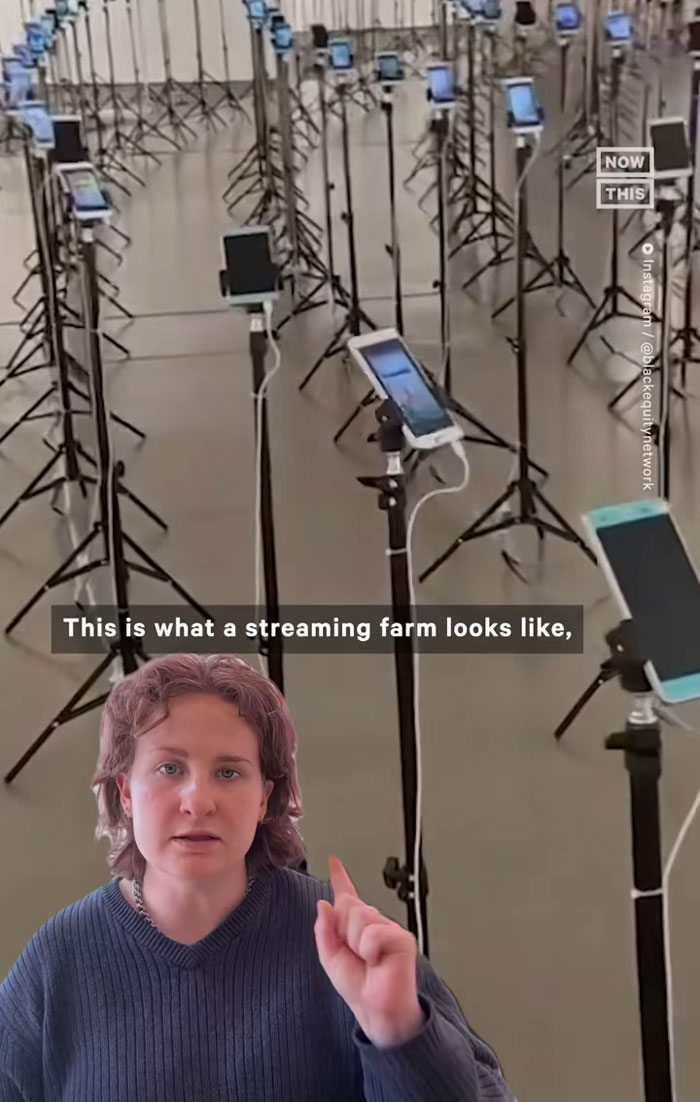
Image credits:nowthis
“This is what a streaming farm looks like, aka the black market of the music industry”
“It’s how some musicians and labels distort reality to push their tracks to the top of the charts and earn more money. Streaming farms use bots to artificially play music on platforms like Spotify or Apple Music to drastically inflate the numbers of streams a song gets.”
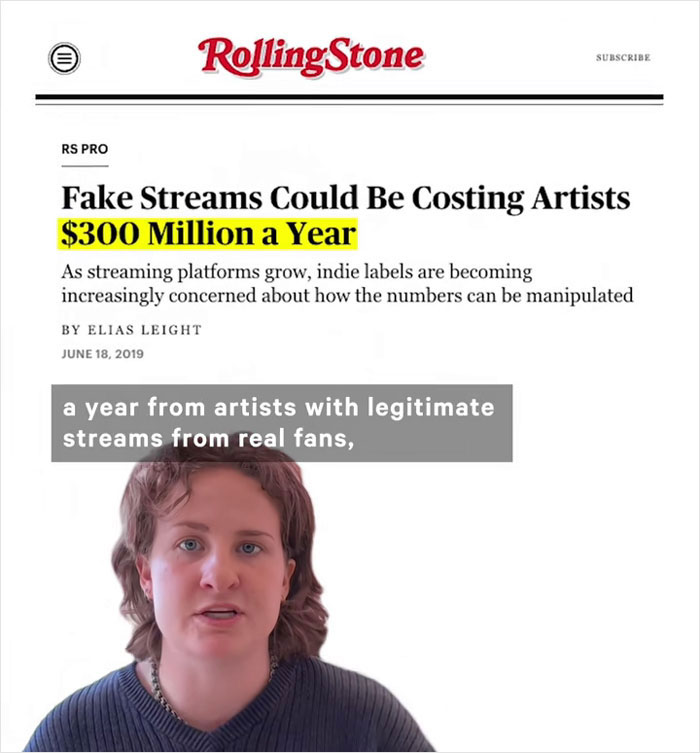
“In March, a man in Denmark was sentenced to 18 months in prison for getting music streaming services to pay him $290,000 in royalties for fake streams”
“But that rare case is just a glimpse into the scale of this fraud. In a 2019 Rolling Stone article, Hopeless Records founder Louis Posen claimed this illegal practice potentially steals $300 million dollars a year from artists with legitimate streams from real fans, equaling 3 to 4% of all streams, but that estimate is much higher now.”
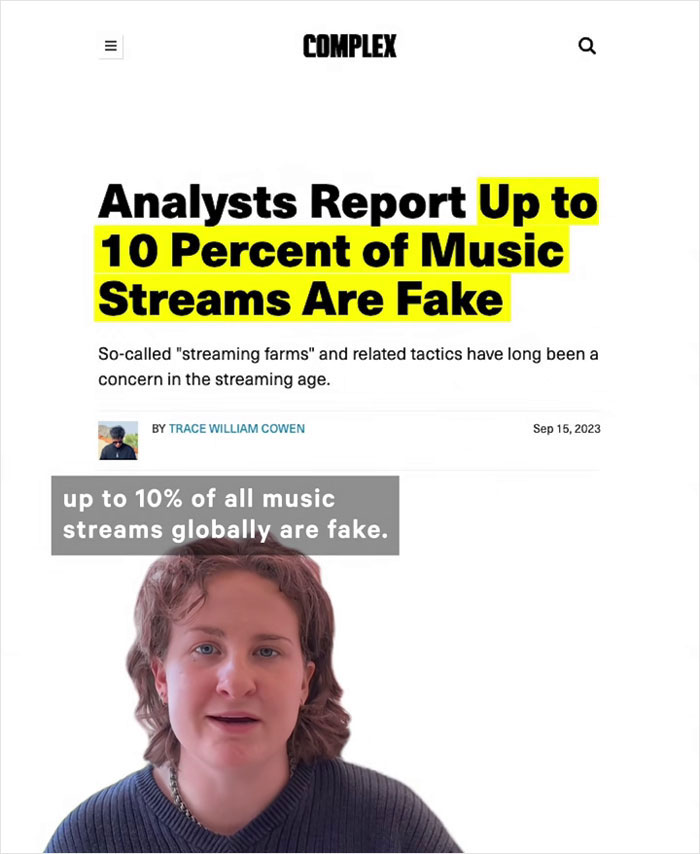
“A 2023 analysts’ report from the Financial Times found that up to 10% of all music streams globally are fake”
“This matters because there’s a pool of money that streaming platforms distribute to the rights holders of songs. So when an artist is faking those streams, they’re taking money out of that pool that could go to artists with legitimate streams. The creation of streaming farms follows the decline of radio and the rise of its replacement: streaming platforms.
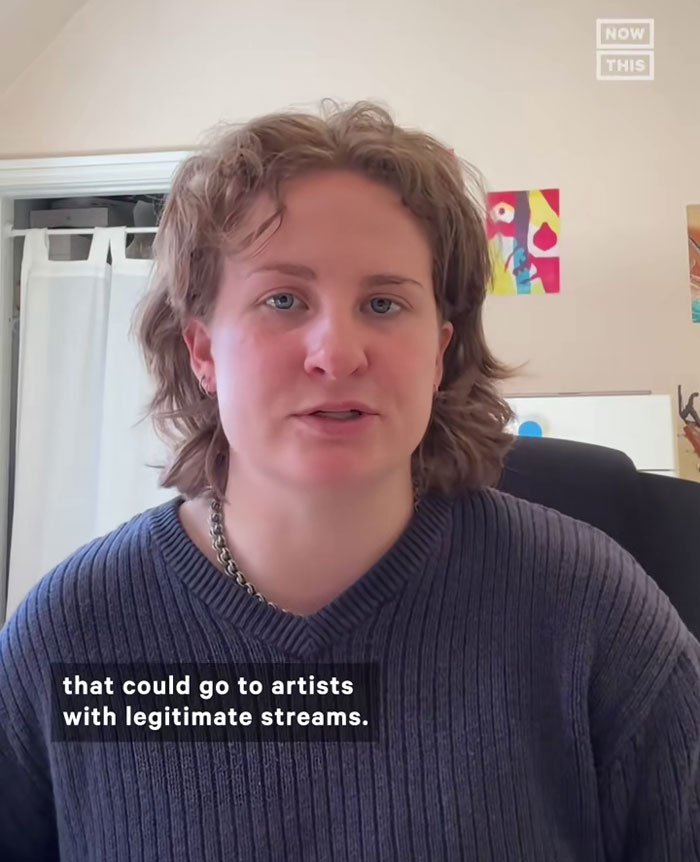

Image credits:Pixabay (not the actual photo)
“A Spotify spokesperson said that when they detect artificial streams, they withhold royalties and tell the label or distributor”
Apple Music has similarly been penalizing streaming fraud too since 2022. But somehow, people are continuing to steal from the royalty pool, which is already too small and meant for artists with real fans. And with advancements in AI, who knows what the scale of this issue could actually be now and in the future.”
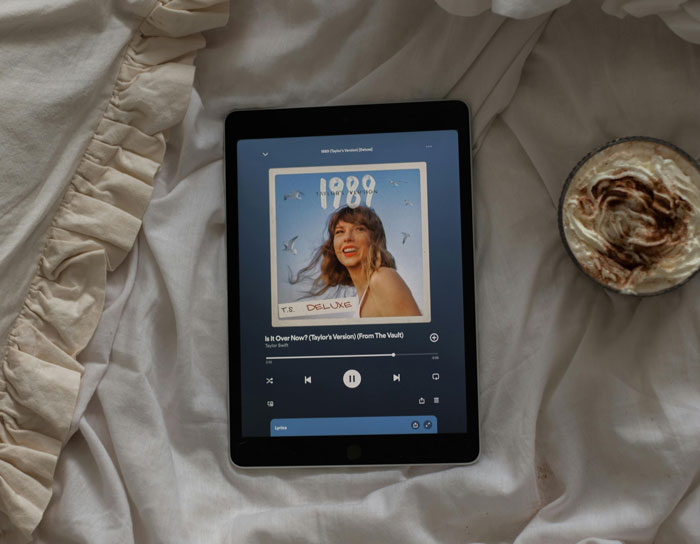
Image credits:Jovan Vasiljević (not the actual photo)
The attempts to make money on art in a dishonest way are actually not that new
The vast majority of people listen to music for free – which means that along with it, they have to watch and listen to ads from time to time. However, there are also a lot of paid subscriptions that remove advertising and allow you to enjoy pure music. Streaming platforms have revolutionized the music industry, but there’s a dark side of both the Moon and the multi-billion dollar music business.
If earlier music labels specifically paid radio DJs extra so that they would play certain songs more often on the air, today some unscrupulous musicians simply buy traffic from streaming farms. Technically, these are several thousand devices – usually smartphones, each of which has a fake account installed for the selected streaming service, and on which, using special software, one or another song is continuously played.
Streaming algorithms work in such a way that the more a song is ‘listened to,’ the more often it will be recommended to other, already absolutely real, users. Accordingly, an unfair opportunity is created to put songs on the charts using such farms.
No, if you thought this was a great idea for a startup, then forget it right now! Firstly, the activities of streaming farms are illegal, and many countries provide for criminal liability for such actions. Secondly… damn it, it’s pretty much enough that it’s illegal!
Of course, streaming platforms are fighting against such farms, spending millions searching for traces of bot activity. On the other hand, there is also a downside – just as earlier claqueurs were hired to disrupt the premiere of someone else’s play, today bots sometimes sign up for a completely innocent musician in order to ruin their reputation and create all sorts of problems. And the inevitable development of AI only makes the situation worse…
You can watch the whole video here:
However, returning to the topic of music, many commenters have made a lot of jokes about who and which musician may have resorted to the tactic of using streaming farms (hint – someone who has occupied the top of the charts on streaming platforms, but in every possible way avoids going on live tours). “It’s kinda like how authors will buy a ton of their own books to get on the NYT bestseller list,” another person makes a reasonable analogy.
On the other hand, perhaps not everything is as scary as we think? For example, a few years ago, my youngest son got into the habit of falling asleep while listening to only one particular song, with female vocals. Needless to say, my wife and I have played this song on our smartphones thousands of times over the past couple of years. It turns out that we’re also a kind of streaming farm? But seriously, we encourage you to comment to discuss this situation in a live debate.












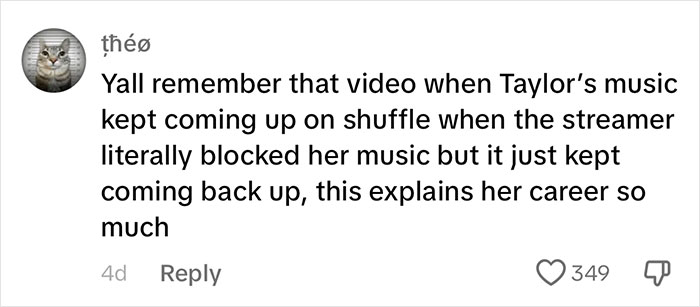

Thanks! Check out the results:
Curiosities